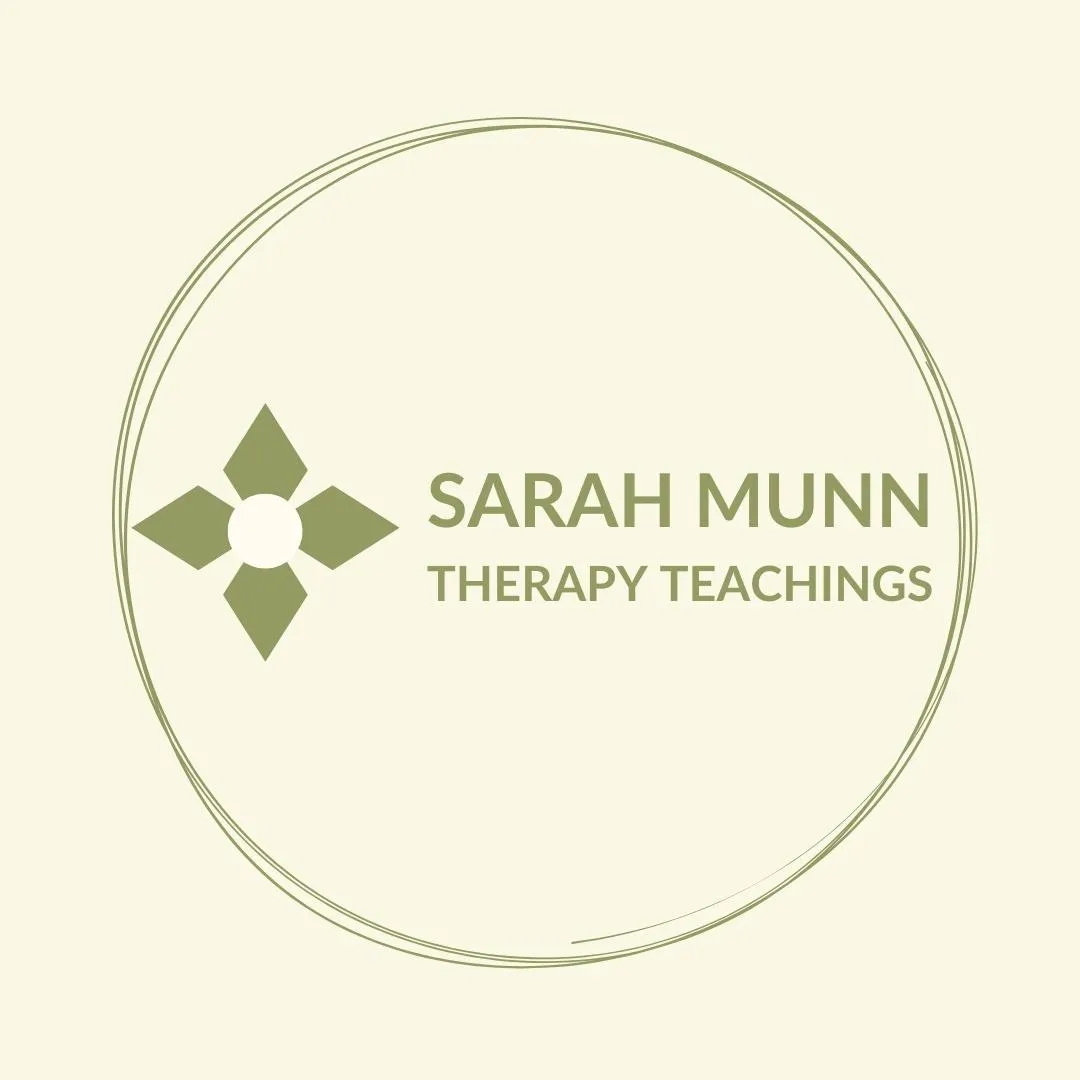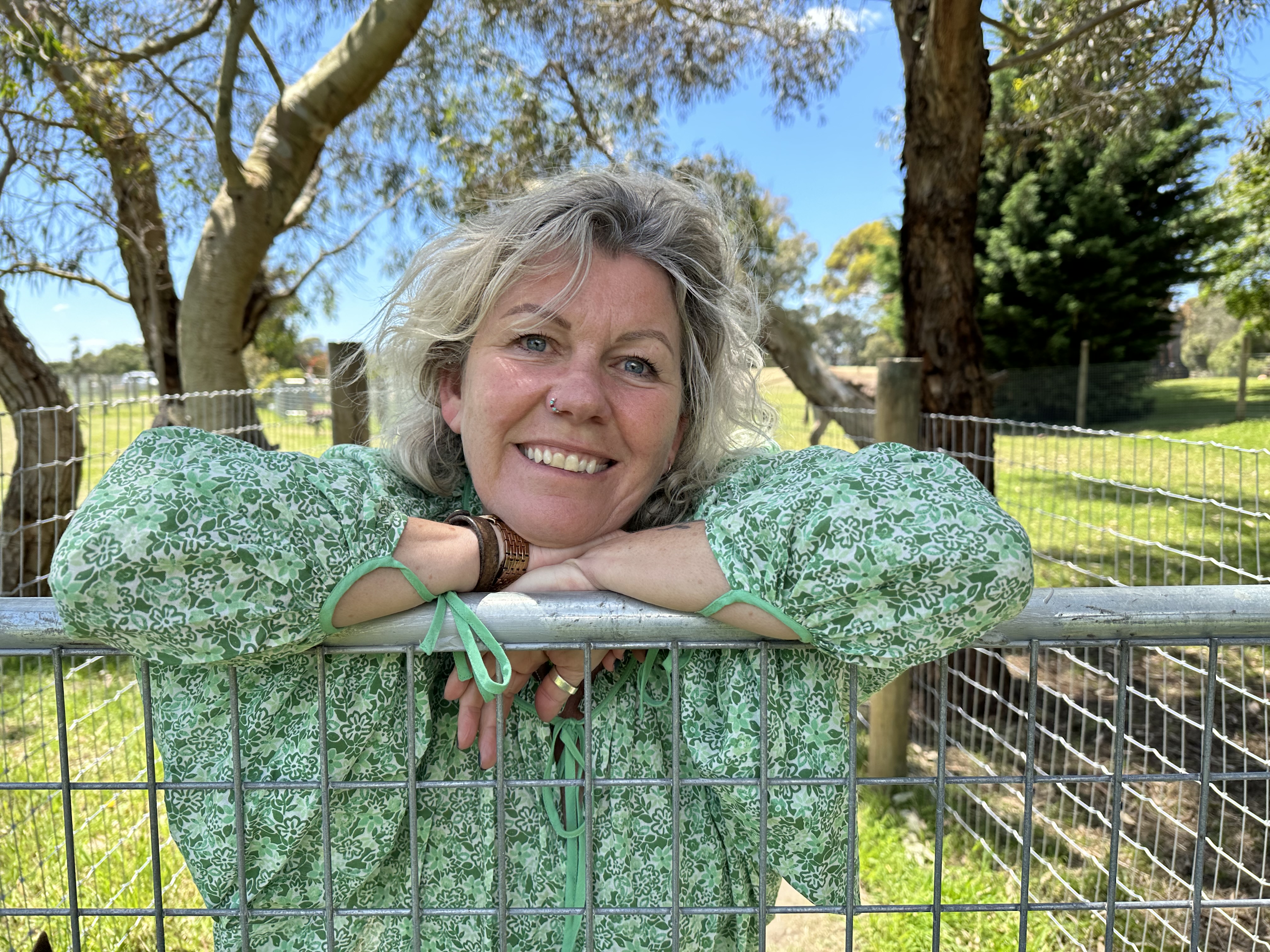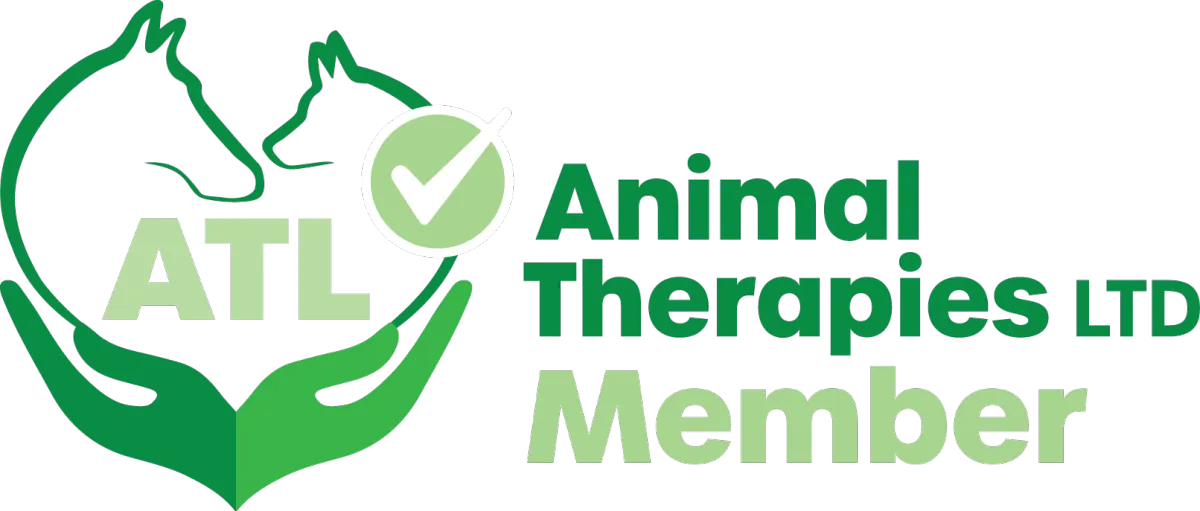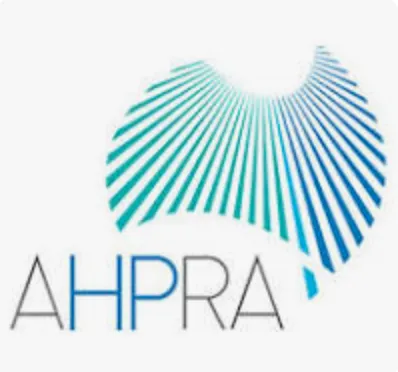Professional Resources
BLOGS
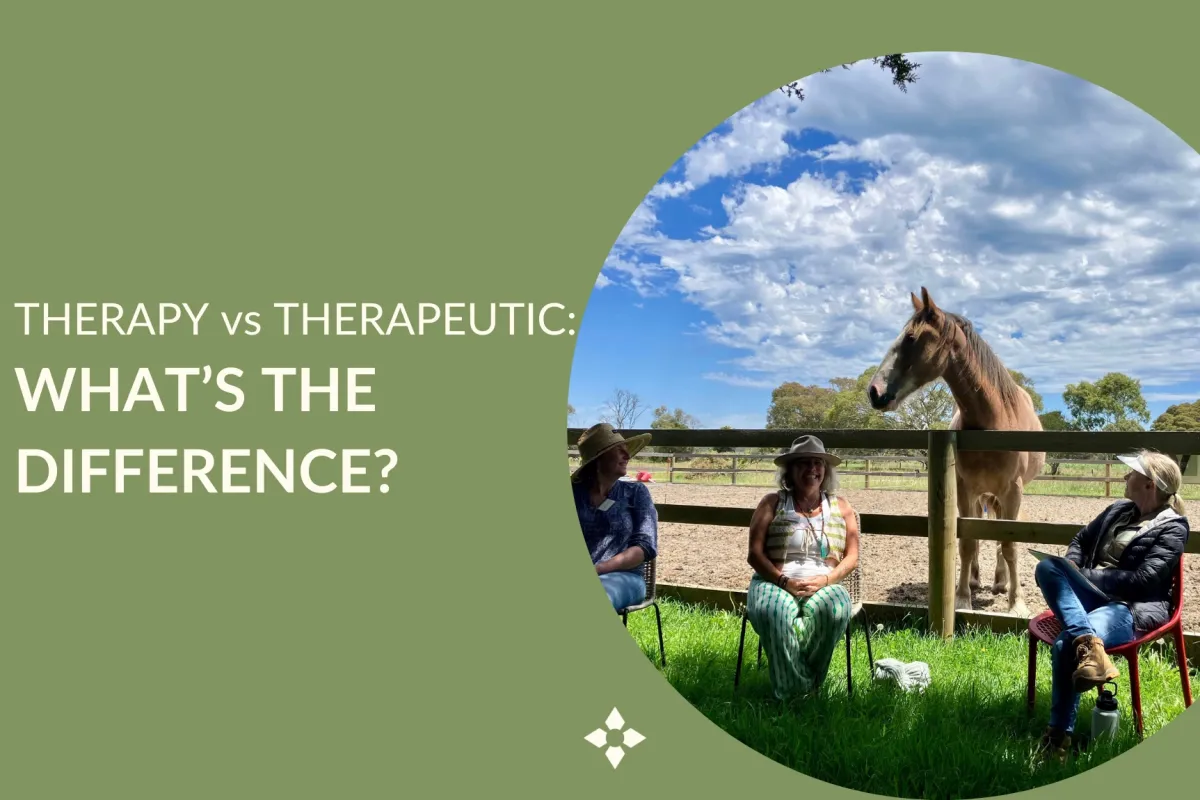
Therapy vs Therapeutic: What's The Difference?
“If you are looking for the right language for if your programs are providing therapy or are therapeutic, try and apply this lens to find your answer.” - Sarah Munn
Understanding Therapy vs Therapeutic
This is one of my favourite ways to define the differences between what is therapy and what is therapeutic. I would love to see this definition of the differences used more widely to help people describe what they do properly.
The Therapy
A therapist (by this I mean allied health practitioner, psychologist, masters in psychotherapy etc) could, for example, include horticulture in their sessions if they have done some training in this area, and it can be called horticulture therapy, because the therapist uses other treatment techniques and approaches within the sessions which they are trained in at degree level (minimum) and don’t just do gardening and enjoy a chat. It doesn’t matter what activities may be involved to motivate the client, or for them to learn to become independent or competent in them, it is the therapist that adds the therapy, not the activity.
An animal assisted therapist must also be a therapist first. Nobody can become an equine assisted therapist for example just by adding a horse. They must first actually be a registered therapist and have tried and tested treatment techniques to apply in sessions.
Anyone can include art but for it to be art therapy the therapist must actually be trained in therapy approaches and treatment techniques that may come from being an OT or an art therapist/psychotherapist. I certainly studied art and craft as an OT undergraduate and so am trained to do drawing, painting, pottery, lino printing, woodwork and any craft I can competently use in sessions. When an OT does task analysis we can do it on activity. But I would still call my sessions OT and not art therapy and leave that for specifically trained art therapists.
The Therapeutic
So what is therapeutic? Lots of things which can be offered as an experience by any untrained person can be therapeutic. A local community garden would provide many therapeutic opportunities in horticulture. Sometimes there may be mentors or carers to talk with and work with who can further support this activity being therapeutic horticulture at the core.
An equine assisted learning practitioner would most likely provide a therapeutic experience for their customers. People often say that there is research that animals make people feel good. And it’s true that oxytocin is released for most people around animals. So, it may well be therapeutic. But without the application of evidence-based therapy interventions it’s still not therapy.
Services providing an art holiday program, for example, may well suggest it will be a therapeutic program, and using our hands and a creative process can indeed have a feel- good factor to it, so it may well be therapeutic.
There’s a difference in the process too. Therapists must have some form of intake and assessment, they have goals or outcomes they are working towards, they apply evidence-based practices and measure their progress. There is a specific way in which we must document and report for funding bodies such as NDIS and Medicare.
Programs and experiences that may be therapeutic, do not need to have any information on the individuals, they don’t necessarily have to keep notes on them, assess them, or measure their outcomes. They don’t necessarily need to keep documentation about attendance if it is a community or free project.
Applying this to your programs
So, if you are looking for the right language for if your programs are providing therapy or are therapeutic, try and apply this lens to find your answer. And remember, what you put on your marketing, should be what you put on your invoice, and what you deliver.
BOOK REVIEWS
The Clinical Practice of Equine Assisted Therapy - Including Horses in Human Healthcare
by Leif Hallberg
This is a must have on the shelf if you are a therapist working with horses and takes you through the different types of equine assisted activities and the research that has been published to date.
Leif has been a supervisor and mentor to me so I know opinions on the sector, but if you can't work with her directly this is a good go to. She recommends many of the things I also believe in such as the use of the farm and other activities to take the pressure off the horses, so she also presents a niew of the equine and farm milieu in general.
One of the most academic books of its time.
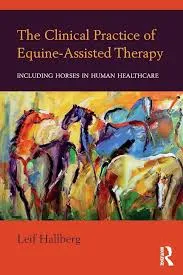
What Happened To You?
Conversations on Trauma, Resilience and Healing by Bruce D. Perry & Oprah Winfrey
I loved this book. Both professionally and personally, it gave me so much breadth across this clinical area and made sense of my own life experiences. There are so many take home messages for therapists working with trauma, it's impossible to list them all so I'll tell you what I liked most.
One thing I did love was that he mentioned occupational therapy several times as well as animal assisted therapy as being an important part of a team approach. Another think I took from the book, apart some self satisfaction that we are on the right lines at Barefoot Therapists and Gadara Farm, was his criticism of labels like 'trauma informed' and 'trauma sensitive' which he dais have no standards and no recognised training. Apparently there are whole towns who promote themselves as trauma informed. Wow.
Another thing I loved was the focus on a developmental approach. This is so important, as we know so many kids who have experienced trauma to work from where they are socially and emotionally.
I loved his focus on First Nation's people, and his story of visiting the Mauri people in New Zealand where his medical model was challenged when he asked about drugs, depression and anxiety. They said it's all the same. As we often try and break it down, we miss a key factor, which is connectedness, which is key to being healthy people.
Dr Bruce Perry was critical of social media as the main way to socialise - which I agree with. While we can use it as a helpful resource we do need to be careful to still connect face to face for connectivity. And what I am most interested in is helping people organise their lives and stresses so they can actually do this in their own lives - professionally or personally.
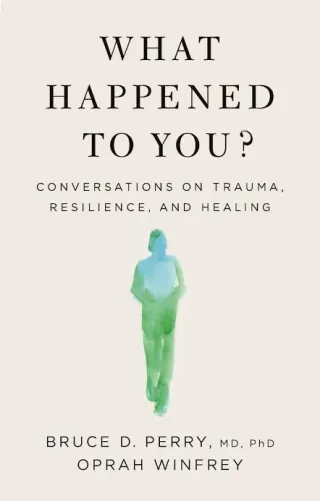
The Use of Self in Therapy by Michele Baldwin
I love the notion that many therapists cannot be healers because they are too busy defending themselves (Carl Rogers). I love the acknowledgement that for some of us the intuitive presence of us as a therapist almost transcends the goals at times.
Our disclosures must show /maturity and positive adjustment' (Charles H Kramer). This resonates with me. Setting up Sarah Munn Therapy Teachings there was an intention to share my journey and my healthy adjustment to my own disabilities and thos of my children's.
Over the years I have seen the benefits of self-disclosure in effective work with parents. However, we are taught about keeping strict professional boundaries. The world is changing and understanding how to be 'in relationship' with our clients is more important than ever. As is our own return to healing.This book clearly articulates the unseen and unmeasured side of what we do.
A great read for therapists working in emotional wellbeing.
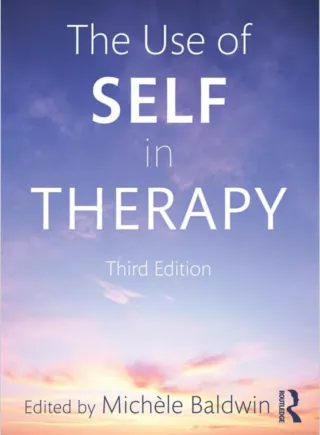
Trauma-Sensitive Mindfulness by David A. Treleaven
With the explosion of mindfulness David Treleaven is concerned about meditation being offered in all walks of life, sometimes by untrained and inexperienced providers, where signs of trauma are being missed and not referred on to professional therapists with experience in the field.
This book informs therapists and meditation teachers of their scope of practice when including meditation for the benefit of people who have experienced trauma. It is also a stark reminder of the difficulties and discomfort some people experience in the body and mind during mindfulness which often go unnoticed and can break down trust and safety. A promotion for systemic reform and social justice, this book is for therapists and meditation teachers who offer full sessions or just want to add in a little bit of meditation to other practices.
If you won’t know how to work with trauma if it surfaces, then you need to have a good network of referral pathways to professionals who can follow up with trauma recovery and healing. Treleaven says we need to be clear that we have a full history of any trauma.
We know at Barefoot that people with difficulties in relationships, social connectedness or disability often experience systemic traumas, as do other marginalised groups which he talks about extensively including First Nations people.
Treleaven also guides against cultural appropriation where meditation providers do not understand the lineage of their items and can cause offence. He recounts a story of a teacher using a singing bowl when one of the students looked at it and said that in her culture it is used at funerals. She was not impressed with the teachers lack of knowledge of his tools.
Another reiteration that trauma continues through generations in our DNA so some of our clients can be quick to elicit a stress response. Even to positive stress when doing something exciting like riding a bike or a horse can be triggering to some people.
The book reminds us that workers who experience lots of descriptions and information about traumatic events can also experience PTSD. They can raise personal things up for therapists and meditation or yoga teachers working in this space so it is a reminder to take care of yourselves. I loved this book and as I finish my meditation training it is good advice to ‘notice’ those we seek to help (which is hard with your eyes shut).
At Barefoot Therapists we find purposeful movement outside with an end goal, working in nature, in rhythm and with animals can all be helpful in the healing process and can be a good introduction to mindful practice before we ask them to be still and notice themselves.
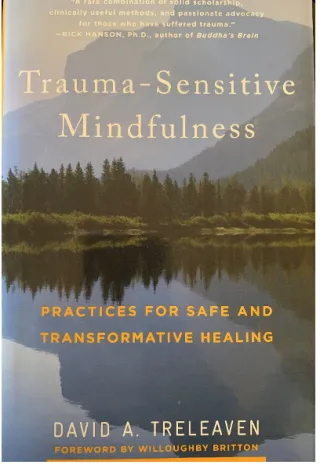
Acknowledgement to Country
We Respect and Acknowledge the Traditional Custodians of Country throughout Australia and their connections to the land, sea and community, and recognise the land on which we work is home to the Bunurong / Boon Wurrung members of the Kulin Nation. We pay our respects to all Elders past, present & future.
We meet the required standards for Insurance and Education.
Farm:
Gadara Farm
470 Boneo Road
Boneo, Vic 3939
Clinic:
Barefoot Therapists
1/16 Henry Wilson Drive
Rosebud Vic 3939
(03) 5981 1120
Sarah Munn Therapy Teachings
ABN 62307340650
Connect with us
We'd love to connect with you on Facebook or Instagram.
